Theo Wayt
Senior Reporter, Business & Economics and Social Sciences
Theo Wayt, based in New Orleans, is the senior reporter for Business & Economics and Social Sciences for The Academic Times. He has also reported for the Associated Press, NBC News, the New York Post, Vice, Gothamist and Business Insider, covering topics like finance, politics and labor. He graduated from New York University in 2020.
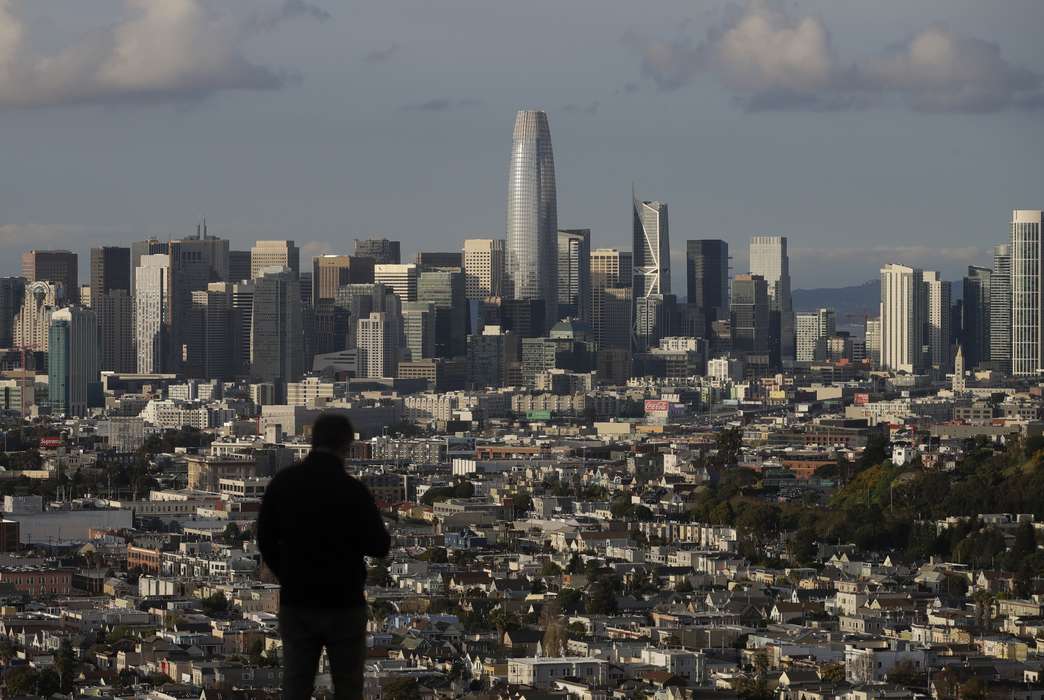
 School closures early in the COVID-19 pandemic cut the projected number of coronavirus infections in the San Francisco Bay Area in half, but schools can reopen safely if they follow a series of safety precautions, according to computer modeling work by University of California, Berkeley researchers.
School closures early in the COVID-19 pandemic cut the projected number of coronavirus infections in the San Francisco Bay Area in half, but schools can reopen safely if they follow a series of safety precautions, according to computer modeling work by University of California, Berkeley researchers.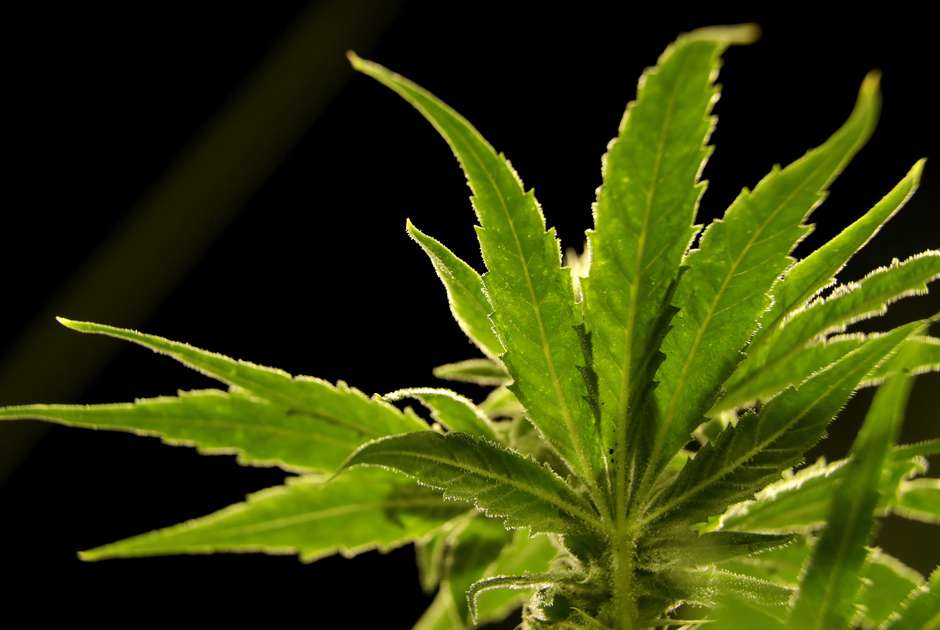
 Legalizing medical marijuana has either decreased or had no effect on teenage cannabis use, and initial evidence suggests that recreational legalization has similar effects, according to a new comprehensive review of studies on the topic.
Legalizing medical marijuana has either decreased or had no effect on teenage cannabis use, and initial evidence suggests that recreational legalization has similar effects, according to a new comprehensive review of studies on the topic.Giving workers the option to defer receiving some of their wages increases overall savings and helps workers better plan for lump-sum purchases, such as home improvements, according to new research that upends the common economic assumption that workers always prefer to be paid early.
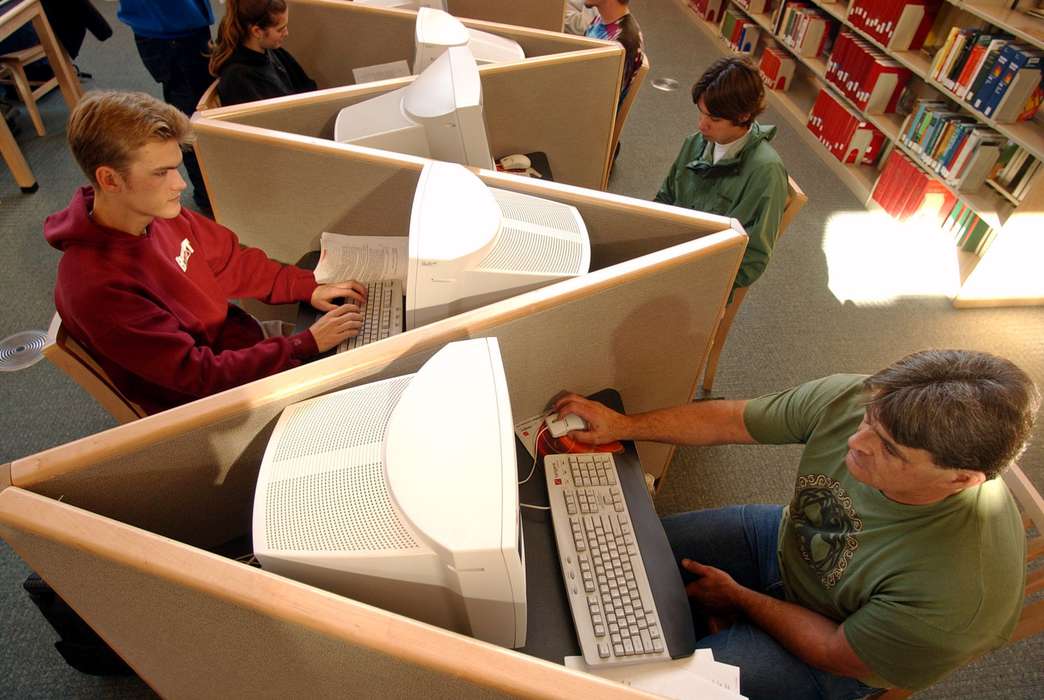
 Expanding internet access in rural areas can reduce poverty and increase access to public services such as health care and education, according to a new study using data from Mexico that, researchers say, shows the internet should be treated as a human right.
Expanding internet access in rural areas can reduce poverty and increase access to public services such as health care and education, according to a new study using data from Mexico that, researchers say, shows the internet should be treated as a human right.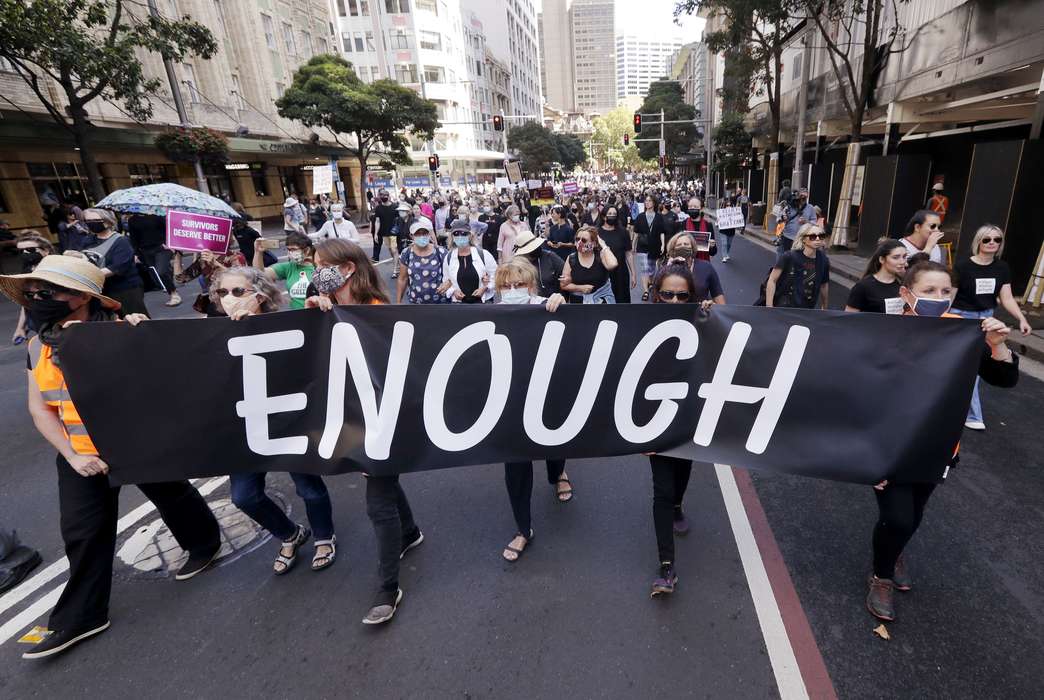
 Conversations around sexual assault, harassment and discrimination against women sparked by the #MeToo movement did nothing to change the pervasiveness of sexist attitudes among the American public, according to new research based on extensive surveys.
Conversations around sexual assault, harassment and discrimination against women sparked by the #MeToo movement did nothing to change the pervasiveness of sexist attitudes among the American public, according to new research based on extensive surveys.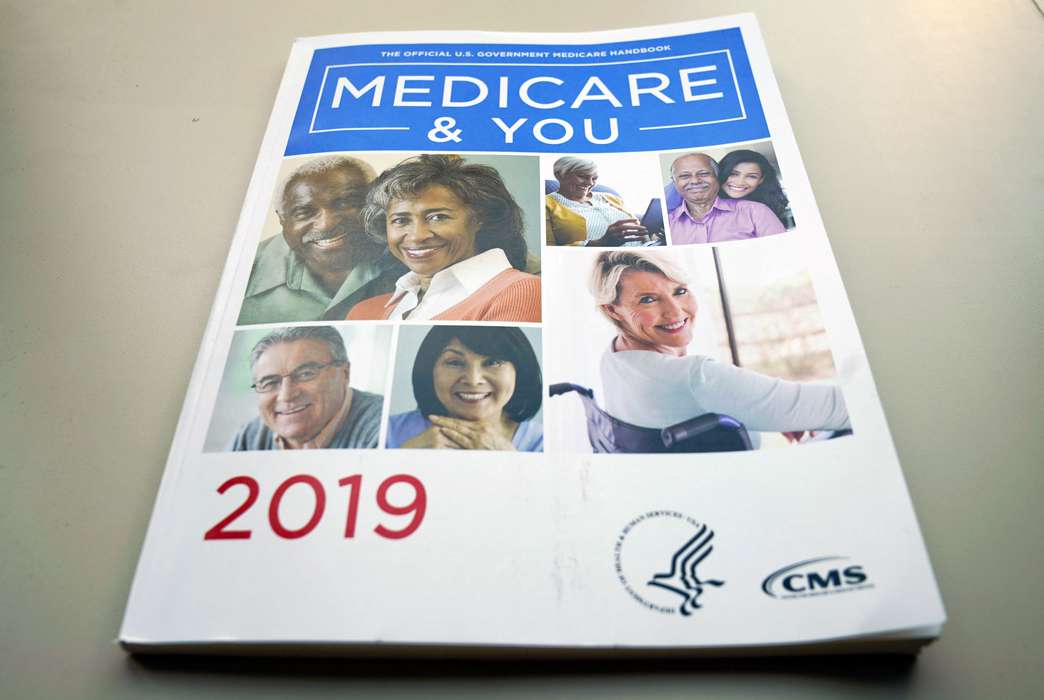
 Americans who receive Medicare but make slightly too much money to qualify for supplemental coverage from Medicaid spend thousands more dollars on out-of-pocket medical expenses while receiving fewer outpatient services and prescriptions than people covered by both programs, according to new research published Monday.
Americans who receive Medicare but make slightly too much money to qualify for supplemental coverage from Medicaid spend thousands more dollars on out-of-pocket medical expenses while receiving fewer outpatient services and prescriptions than people covered by both programs, according to new research published Monday.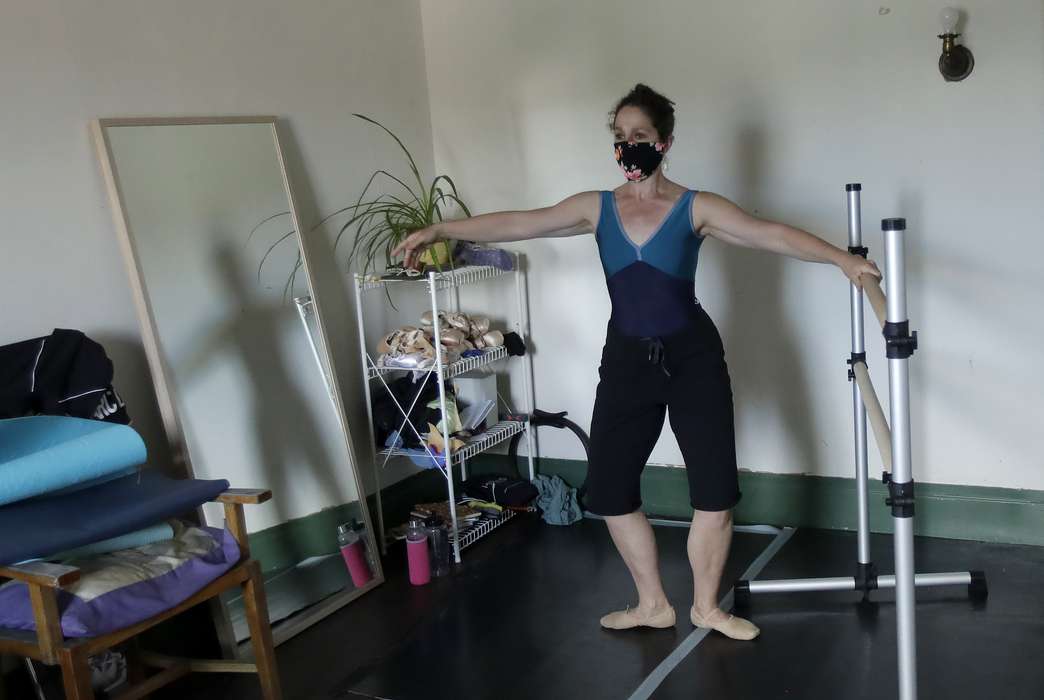
 Shelter-in-place orders in the U.S. did not significantly reduce coronavirus cases or deaths during the first wave of the COVID-19 pandemic, researchers from the University of Chicago have found, contradicting at least two previous studies.
Shelter-in-place orders in the U.S. did not significantly reduce coronavirus cases or deaths during the first wave of the COVID-19 pandemic, researchers from the University of Chicago have found, contradicting at least two previous studies.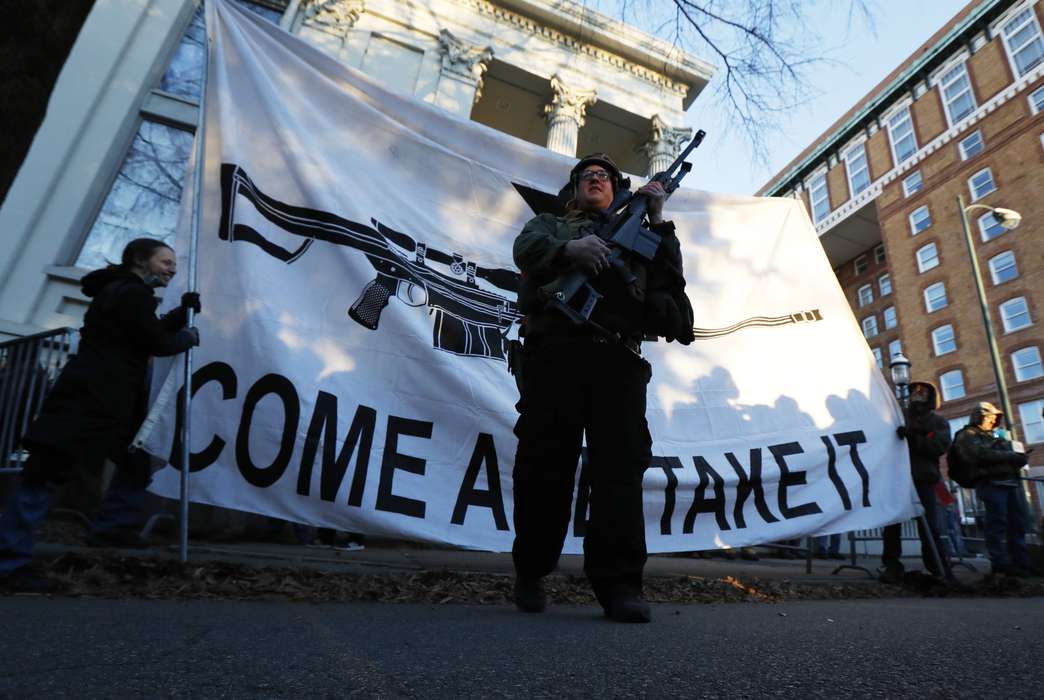
 A record number of background checks for firearm sales were conducted in 2020 -- and unlike most previous surges of gun-buying, the checks were just as concentrated in Democratic states as Republican ones, according to new research.
A record number of background checks for firearm sales were conducted in 2020 -- and unlike most previous surges of gun-buying, the checks were just as concentrated in Democratic states as Republican ones, according to new research.Researchers from universities including Stanford and Harvard have published new evidence that the order in which candidates are listed on ballots can change how people vote — and the effect is so strong that they claim it likely would have changed the outcomes of presidential elections in 2000 and 2016.
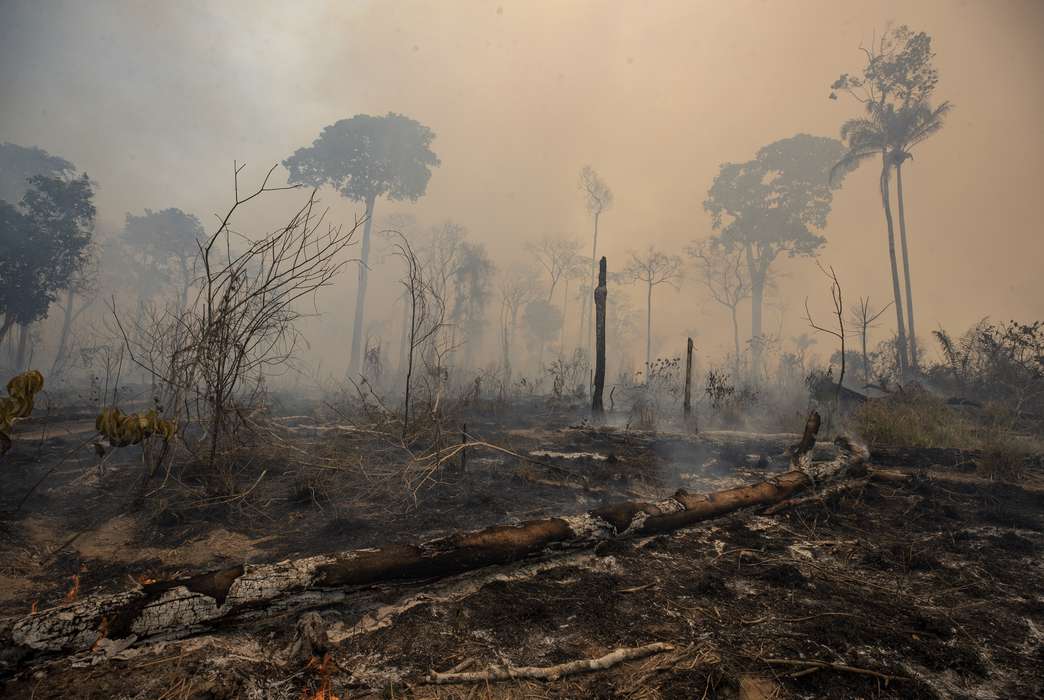
 The amount of South American land impacted by humans skyrocketed 60% from 1985 to 2018, and an area the size of Spain has been cleared by humans but is not being used for any discernible economic purpose, according to new research using satellite images and machine learning technology.
The amount of South American land impacted by humans skyrocketed 60% from 1985 to 2018, and an area the size of Spain has been cleared by humans but is not being used for any discernible economic purpose, according to new research using satellite images and machine learning technology.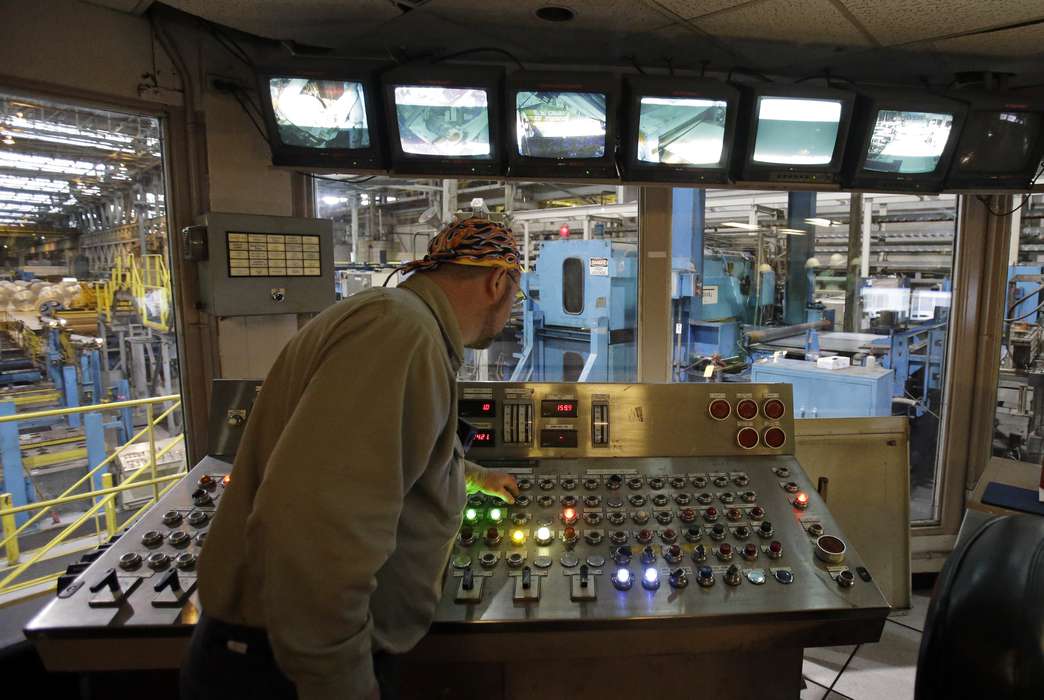
 Proponents of the four-day workweek scored a victory earlier this year when the Spanish government revealed plans to fund a trial of the long-debated policy as soon as this fall.
Proponents of the four-day workweek scored a victory earlier this year when the Spanish government revealed plans to fund a trial of the long-debated policy as soon as this fall.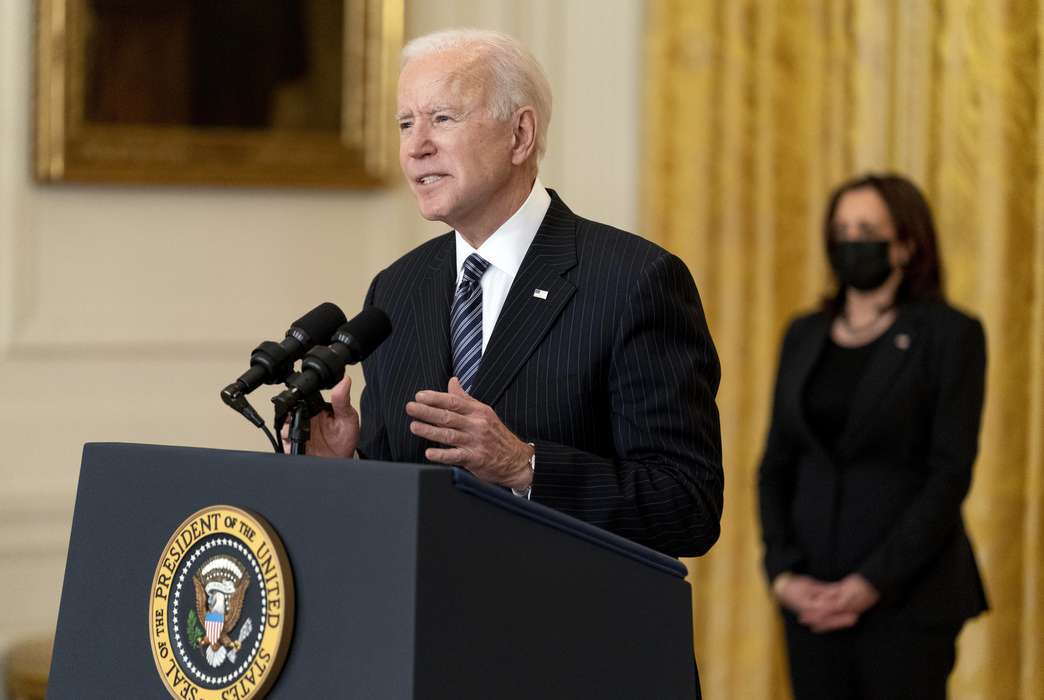
 Donald Trump's election and decision to remove the U.S. from the Paris Agreement both paradoxically led to significantly lower share prices for oil and gas companies, according to new research in a leading financial journal, while Joe Biden's presidency has so far been great for fossil fuel stocks.
Donald Trump's election and decision to remove the U.S. from the Paris Agreement both paradoxically led to significantly lower share prices for oil and gas companies, according to new research in a leading financial journal, while Joe Biden's presidency has so far been great for fossil fuel stocks.